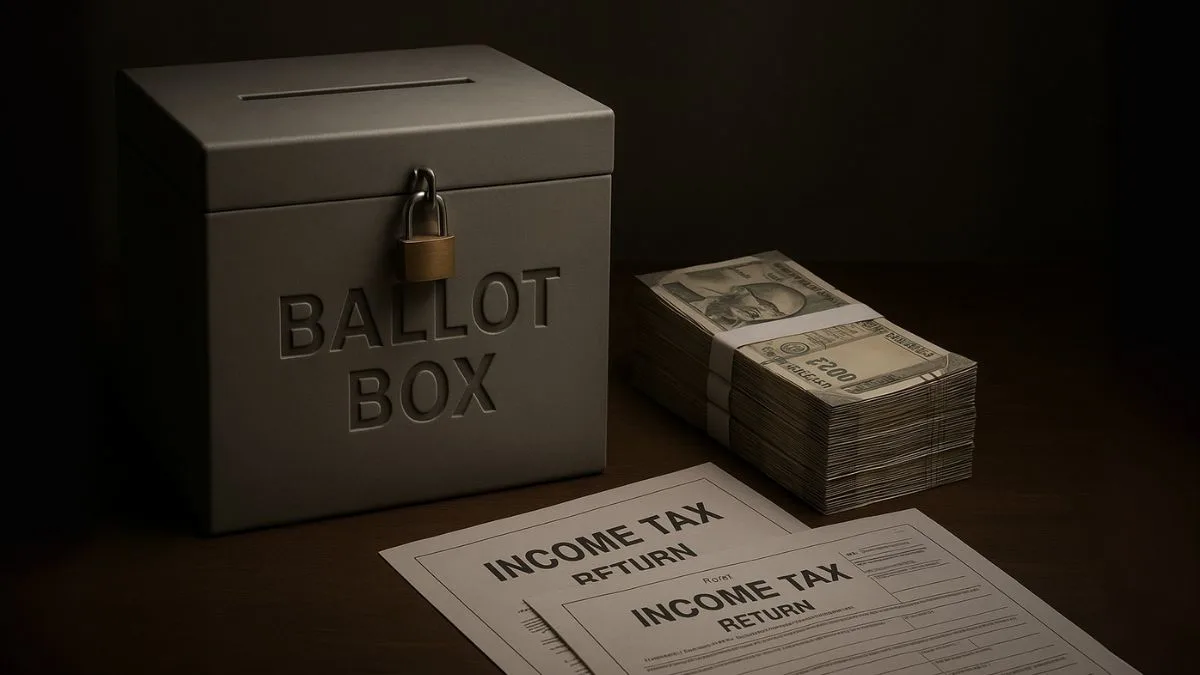
Politics plays a vital role in shaping a country’s governance, and political parties require funding to operate, campaign, and maintain their organizational structure. However, when it comes to taxation, political parties in India enjoy special treatment under the Income Tax Act, 1961. This is where Section 13A of the Income Tax Act steps in—it is a special provision for political parties that provide tax exemption on specific sources of income, provided certain compliance rules are followed.
In this article, we’ll break down Section 13A, its meaning, scope, eligibility, exempt income sources, and compliance requirements so that you fully understand how it works.
What is Section 13A of the Income Tax Act?
Section 13A is a special provision relating to incomes of political parties in India. It provides that the following categories of income derived by a political party shall be exempt from income tax:
- Income from house property
- Income from voluntary contributions
- Income from capital gains
- Any other income
However, this tax exemption is not unconditional. Political parties must comply with specific documentation, transparency, & reporting requirements to claim these benefits."
Purpose of Section 13A
The purpose of Section 13A is to:
- Encourage political parties to operate with financial transparency.
- Promote clean funding sources for political activities.
- Ensure that parties maintain proper accounting records for income & expenditure.
By allowing any income of a political party from the following sources to be exempt from tax, the government incentivizes political organizations to disclose and declare their financial dealings.
Eligibility for Tax Exemption
To enjoy the benefits of Section 13A, a political party must:
- Be registered with the Election Commission of India.
- Maintain proper books of account.
- Get accounts audited by a chartered accountant.
- Not receive any donation above ₹2,000 in cash.
- File income tax returns within the prescribed time.
If these conditions are not met, the exemption under Section 13A of the Income Tax Act is lost.
Also Read: Received a Notice for Political Donations? Here's What You Must Know
Sources of Income Covered Under Section 13A
Any income of a political party from the following sources is exempt from tax:
- Voluntary Contributions – Donations received from individuals, companies, or other entities (excluding foreign sources prohibited under law).
- Income from House Property – If the party owns office buildings or other property.
- Income from Capital Gains – Sale of assets like property, investments, etc.
- Any Other Income – Interest from bank deposits, miscellaneous receipts, etc.
The special provision for political parties that provide tax exemption makes sure these incomes remain untaxed as long as the compliance requirements are fulfilled.
Conditions for Claiming Exemption
Section 13A lays down strict compliance rules:
- All donations above ₹20,000 must be reported with donor details.
- Donations above ₹2,000 cannot be accepted in cash; they must be through cheque, bank transfer, or other traceable means.
- Annual filing with the Election Commission is mandatory.
Failure to comply with these conditions will make the income taxable like any other entity.
Why is Section 13A Important?
The significance of Section 13A of the Income Tax Act, 1961 lies in its dual objective:
- Providing a tax benefit to political parties.
- Enforcing accountability and transparency in political funding.
By ensuring proper disclosures, the law seeks to minimize unaccounted money in political campaigns.
Example of How Section 13A Works
Let’s assume a political party earns the following in a financial year:
- Voluntary contributions (bank transfers): ₹1 crore
- Interest income: ₹5 lakh
- Rental income from property: ₹10 lakh
If all conditions of Section 13A are met, the entire income will be exempt from income tax.
However, if the party accepts cash donations above ₹2,000 or fails to maintain books of accounts, the exemption will be denied.
Section 13A and Transparency in Political Funding
The special provision relating to incomes of political parties not only saves them from paying tax but also ensures voters can see where their funding comes from. The Election Commission publishes annual contribution reports submitted by political parties, promoting clean and transparent politics.
Difference Between Section 13A and Regular Tax Provisions
While most entities in India are taxed based on their total income, Section 13A offers political parties a unique benefit. Unlike businesses or individuals, political parties can have any income from the following sources exempt from tax without deductions or exemptions from other sections.
Penalties for Non-Compliance
If a political party fails to comply with Section 13A requirements:
- Tax exemption is revoked.
- The party’s income becomes taxable at the regular rates.
- It could also face disqualification from receiving electoral funding.
Also Read: Tax Benefits on Political Donations
Recent Developments and Amendments
Over the years, Section 13A of the Income Tax Act, 1961 has been amended to:
- Reduce the cash donation limit from ₹20,000 to ₹2,000.
- Introduce electoral bonds as a clean method of funding.
- Strengthen disclosure norms.
These changes align with the government’s aim to curb black money in politics."
Conclusion
Section 13A of the Income Tax Act plays a vital role in regulating political party finances. It is a special provision for political parties that provide tax exemption on certain incomes, ensuring they operate with transparency. Political parties that follow the rules benefit from zero tax liability on eligible income sources.
If you are involved in political funding, compliance with Section 13A is essential to safeguard tax benefits & maintain credibility.
💡 Want to ensure your political party or donor transactions comply with Section 13A and other tax provisions? Visit Callmyca.com – Our experts can help you stay 100% compliant while maximizing legal tax benefits.











